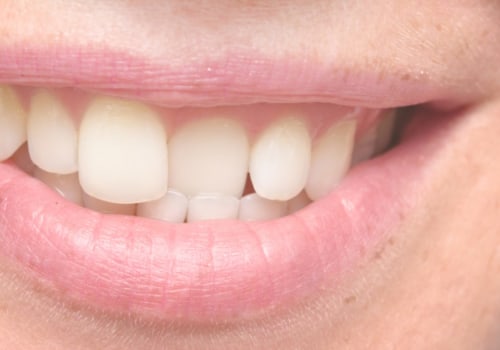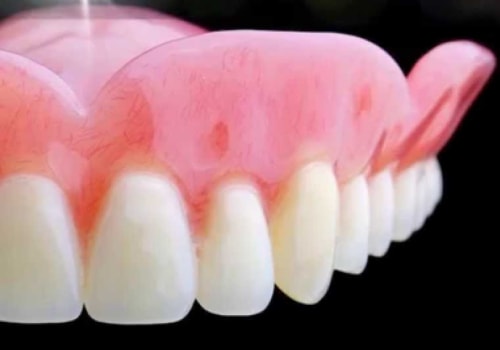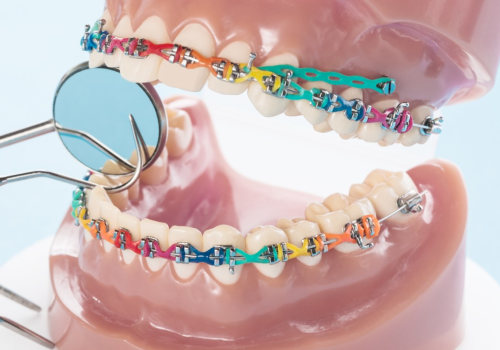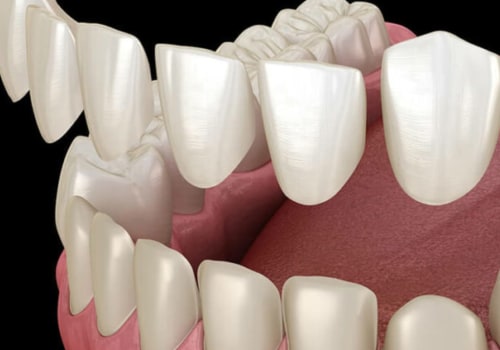Both dentists and orthodontists strive for beautiful, healthy smiles.
Dentists
are highly qualified professionals who care about the overall health, well-being, and beauty of your smile. They cover a wide range of oral health issues, such as tooth decay, gum disease, and broken and missing teeth. Orthodontists are dentists who have received additional education to specialize in diagnosing, preventing, and correcting teeth and jaws that are out of position.To become an orthodontist, another three-year graduate course must be completed at the master's or doctorate level, after the initial bachelor's degree in dentistry. To understand a fundamental difference between dental care and orthodontics, you should know that not all dentists are orthodontists, but all orthodontists are dentists. Orthodontics is a specialized branch of dentistry and requires additional education in addition to everything else. They specialize in helping patients align their teeth, improve their bite, or place orthodontic devices such as braces, invisalign and more. Each one has its uses, but only an orthodontist has the specialized knowledge to identify and plan all the variables in the mouth. Are orthodontists really that “special”? Yes, they really are.
In most cases, your dentist will recommend that you seek orthodontic care if needed, or that you work in collaboration with an orthodontist who will provide the type of care you need if you need more specialized treatment. Only orthodontists have two or more additional years of orthodontic education from a program accredited by the Commission on Dental Accreditation, which provides them with specialized training in moving teeth. The orthodontic service for children will provide you with an early evaluation by an expert to increase your chances of having a naturally brighter smile as an adult. An orthodontist is an expert in diagnosing, preventing and treating dental and facial irregularities or “malocclusions” (a sophisticated term for bite problems). However, dental experts recommend that parents take their children to the orthodontist at least once, before their child is 7 years old, to see if there are signs of problems. Some of the orthodontist's advanced training includes a variety of studies including genetics, human growth and development, oral biology, and biomechanics.
However, it's crucial for patients to know that a general dentist offering orthodontic treatment doesn't have all the additional training, certifications, and experience in orthodontics that a certified orthodontist has. The more you know about the difference between orthodontists and dentists, the better prepared you'll be to choose the dental professional that best fits your needs. Dentists and orthodontists are closely linked because they both work to improve patients' oral health.






